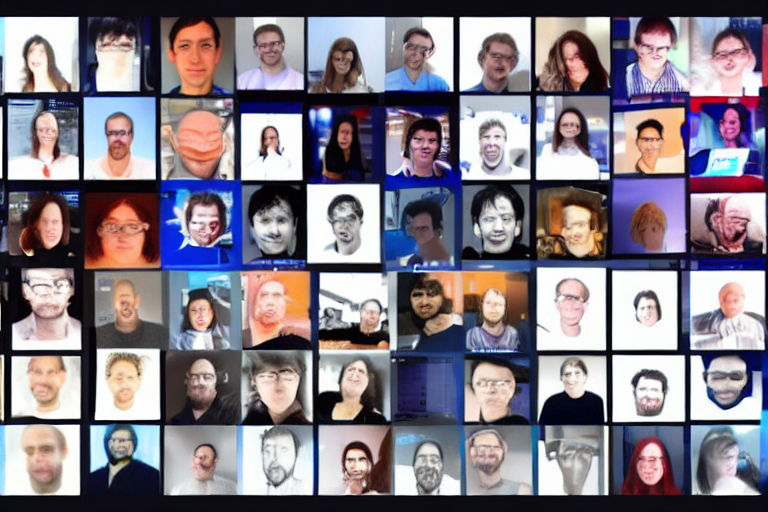How TensorFlow can help revolutionize Healthcare with Machine Learning
Machine learning is advancing rapidly, and the healthcare industry has been one of its major beneficiaries. With machine learning, healthcare professionals can analyze staggering amounts of data to unearth insights that would be difficult or impossible to identify through traditional methods. TensorFlow has emerged as one of the most powerful tools for machine learning in a variety of industries, including healthcare. In this post, we'll explore how TensorFlow can help revolutionize the healthcare industry.
Improved Patient Outcomes
Machine learning algorithms work by identifying patterns and correlations that are not always apparent to the human eye. With TensorFlow, healthcare professionals can analyze medical data to identify patients who are at high risk of developing specific conditions. This information can be used to provide personalized treatment plans that improve outcomes for patients. For example, a patient with a family history of heart disease may be identified as being at high risk for the condition. Healthcare professionals can use this information to develop a targeted treatment plan that includes lifestyle changes and medication.
More Accurate Diagnoses
Diagnosing medical conditions can be difficult, especially for rare diseases. However, TensorFlow can help healthcare professionals diagnose conditions more accurately by analyzing a wide range of patient data. For example, imaging data can be analyzed to identify the presence of tumors or other anomalies. Moreover, TensorFlow can "learn" how different medical conditions manifest themselves in different patients. This can help healthcare professionals make more accurate diagnoses, leading to better treatment outcomes.
Greater Efficiency
The amount of medical data generated by healthcare organizations can be overwhelming. TensorFlow can be used to analyze this data and identify patterns that would be difficult or impossible to detect otherwise. This information can be used to streamline healthcare operations, leading to greater efficiency and cost savings. For example, identifying which patients are at high risk of readmission can help healthcare professionals prioritize follow-up visits and reduce readmissions.
Predictive Analytics
One of the most exciting applications of TensorFlow in healthcare is predictive analytics. With this technology, healthcare professionals can use machine learning algorithms to predict which patients are at risk of developing specific conditions. For example, data on a patient's age, family history, and lifestyle can be analyzed to predict the likelihood of the patient developing heart disease. By identifying patients who are at high risk, healthcare professionals can take preventive measures to reduce the likelihood of the disease developing.
Conclusion
TensorFlow is rapidly becoming a critical tool in the healthcare industry. Machine learning is changing how healthcare professionals analyze medical data and develop treatment plans. With TensorFlow, healthcare organizations can improve patient outcomes, make more accurate diagnoses, and increase efficiency. Moreover, the predictive analytics capabilities of TensorFlow can help identify patients who are at high risk of developing conditions, leading to better prevention and treatment options.





